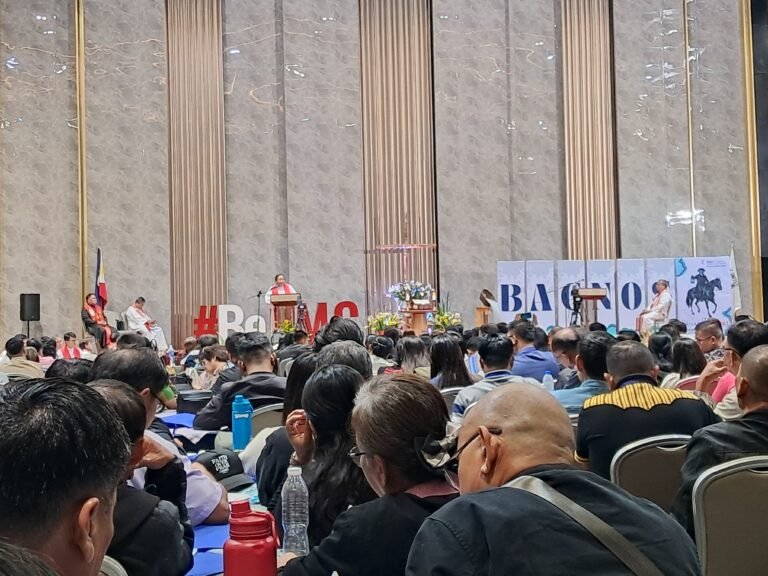
Photo by Maria Pop on <a href="https://www.pexels.com/photo/knight-armor-339805/" rel="nofollow">Pexels.com</a>
In 1 Samuel 17, we encounter one of the most iconic moments in Scripture: David, a young shepherd boy, facing the towering Philistine warrior Goliath. Before the battle, King Saul offered David his royal armor—likely the best equipment available in all Israel. The text tells us, “Then Saul clothed David with his armor. He put a helmet of bronze on his head and clothed him with a coat of mail” (1 Sam. 17:38, ESV).
Yet David quickly realized that the armor, though valuable, was foreign to him. “I cannot go with these, for I have not tested them” (v. 39, ESV). He removed the armor, picked up his shepherd’s staff, chose five smooth stones from the brook, and went out to meet Goliath with the weapon he knew best—a sling.
This moment is more than a historical account; it is a profound lesson on authenticity and God-given equipping. Sometimes in life, well-meaning people will hand us their “armor”—methods, tools, or strategies that worked for them. But like David, we may find that these do not fit our God-shaped design.
The Danger of Wearing Someone Else’s Armor
In leadership, ministry, or personal struggles, adopting someone else’s way of fighting can be tempting. We see their success and assume their methods will bring us victory. But Scripture reminds us that God equips each person uniquely for their calling (Eph. 4:11–12). David’s rejection of Saul’s armor wasn’t an act of rebellion but of wisdom—he knew that victory comes not from imitation, but from walking in God’s specific preparation for us.
Facing Battles Authentically
David’s confidence did not rest on his own skill alone, but on God’s faithfulness. As he told Goliath, “The Lord who delivered me from the paw of the lion and from the paw of the bear will deliver me from the hand of this Philistine” (1 Sam. 17:37, ESV). The weapons God had trained him to use in secret—his sling and his faith—were enough in public.
We too must face our “Goliaths” with the tools, gifts, and faith God has cultivated in us over time. This might mean stepping away from pressures to conform and instead embracing the unique way God has shaped our journey.
Conclusion
In a world that constantly pushes us to measure up to others’ methods, achievements, and appearances, David’s story calls us back to authenticity. Victory in life’s battles is not about wearing the finest armor, but about trusting the God who has already equipped us for the fight.
—Bibliography
English Standard Version. The Holy Bible. Wheaton, IL: Crossway, 2016.
Brueggemann, Walter. First and Second Samuel. Interpretation: A Bible Commentary for Teaching and Preaching. Louisville: John Knox Press, 1990.
Firth, David G. 1 & 2 Samuel. Apollos Old Testament Commentary, vol. 8. Downers Grove, IL: IVP Academic, 2009.
About The Author
Discover more from COMMUNICATIONS
Subscribe to get the latest posts sent to your email.







